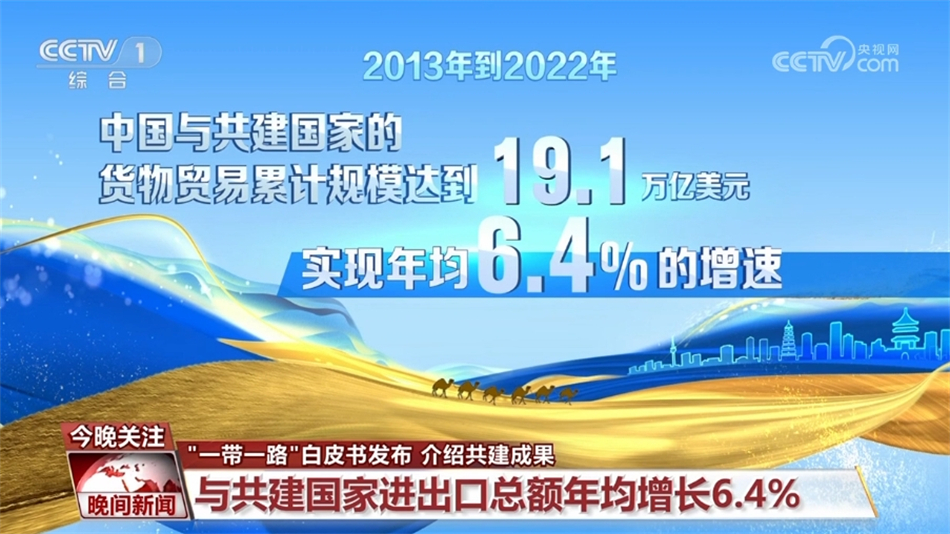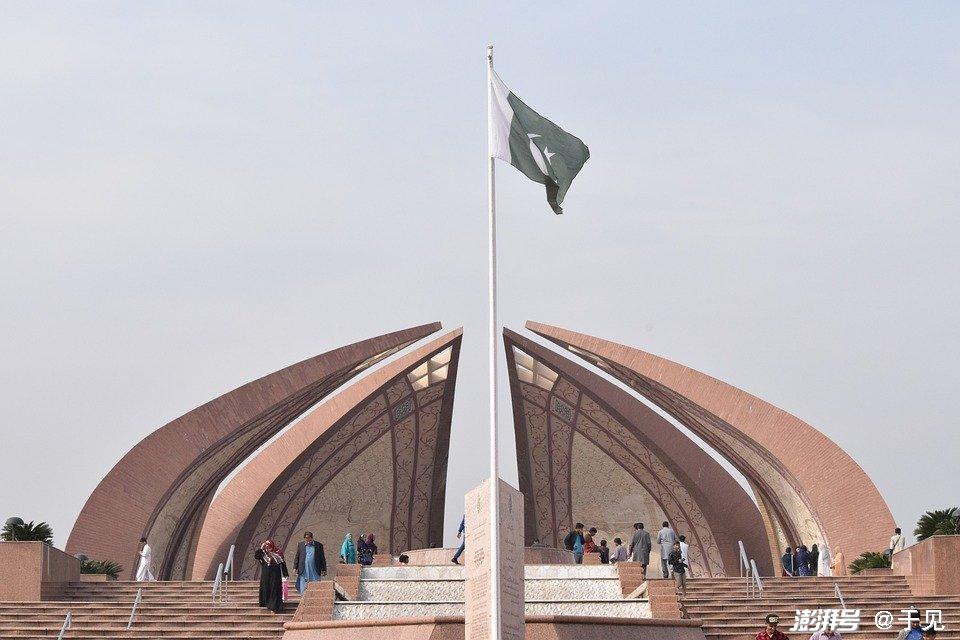China's Rhetoric On North Korea Has Changed, And Pyongyang Has Used Actions To Prove That It Is A Qualified Player In This Era Of Great Conflict.
China's Rhetoric On North Korea Has Changed, And Pyongyang Has Used Actions To Prove That It Is A Qualified Player In This Era Of Great Conflict.
What our friends from North Korea heard at the National Day reception this year was completely different from last year! Last year, we talked about China's own construction achievements. This year, we started by saying that China should lead the way in the "changing world" and turn China-North Korea friendship into an important force for maintaining peace.
What our friends from North Korea heard at the National Day reception this year was completely different from last year!
Last year, we talked about China's own construction achievements. This year, we started by saying that China should lead the way in the "changing world" and turn China-North Korea friendship into an important force for maintaining peace.
This change is not just a diplomatic rhetoric, but also sends a signal: China-North Korea relations will be closer and deeper, and there is a bigger calculation behind it...

“It takes just a few decades to complete the industrialization path that took the West several hundred years to complete… and lead the world’s changes with the rule of China!”
This is not a mere boast, but a real challenge to the West’s monopoly on discourse. What does this confidence mean for a developing country? It means that we have the confidence to negotiate rules with others instead of just copying their models.
Ambassador Wang Yajun also said, “The joint construction of the Belt and Road Initiative must become the broadest and largest international cooperation platform.” This directly points to the core means in the next few decades: using economic ties to bring partner countries together to form their own circulation system.

North Korea must be aware of these words. Its own economy is not large, but it is of long-term importance to China in terms of geopolitical security. It was a barrier during the War to Resist US Aggression and Aid Korea, and it still plays the role of that wall now.
Without this relationship, once there is a storm in Northeast Asia, the pressure on China will double.
Today's North Korea is not only "capable of fighting", but also very restrained!
During the Russia-Ukraine conflict, it recognized the territory occupied by Russia but did not directly send troops to participate in the war. This is not vassalage, but maintaining political subjectivity. This kind of autonomy is rare in today's international situation.

Many people may not have noticed that Kim Jong-un occupied a very front position in the September 3rd military parade. This is not only a symbol of the historical blood alliance, but also a recognition of his political wisdom.
After he came to Beijing, North Korea began to take more diplomatic actions. The leader of Vietnam visited Pyongyang for the first time in 18 years, and Belarus may also follow suit. The visits of these traditionally friendly countries will not immediately double their economies, but they will be enough to break the long-term isolation.
North Korean Foreign Minister Choe Son Hui visited China, and Vice Prime Minister Kim Sun Kyung went to the United States to attend the United Nations General Assembly... This is not the state of a few years ago, when it was almost unwilling to take the initiative to go out. The current action is to gradually join the new international stage circle.

The global landscape is also quietly changing, with the economic growth of the G7 being gradually overtaken by the BRICS and emerging markets. As long as North Korea maintains good relations with these countries, it can live well without dealing with the West.
Once other countries reduce their dependence on the United States, the U.S.-led restrictions on North Korea will naturally be loosened, at least in actual implementation. A split between camps may not be far away.
As of now, North Korea is irreplaceable to China in terms of security. If it can achieve economic development again, China can more confidently promote strategies such as a community with a shared future for mankind and the “One Belt, One Road” initiative.

When Foreign Minister Wang Yi met with Cui Shanhui, he said, "I appreciate the North Korean side's firm support of China's core interests... and its opposition to hegemonism." Such a statement was completely consistent with Ambassador Wang Yajun's speech. China and North Korea are adjusting their appearance and pace to remain consistent in regional and global affairs.
Some people say that this is to maximize the value of the "blood alliance". In other words, it means not only staying at the emotional and historical level, but also actually bundling interests and supporting each other.

In fact, ordinary people in local areas are also sensing this change. People in Dandong are staring at both sides of the Yalu River, looking forward to the opening of the new bridge and closer cooperation. Because once we really enter high-frequency cooperation, what can increase there is not only GDP, but also the benefits and convenience in daily life.
North Korea is rich in minerals and has a certain industrial base. Once capital and technology are input, it will stimulate the regional economic circle. For Northeast China, this is a direct benefit and a new growth point.

Some people also question: Can deepening cooperation withstand international pressure? In particular, will Western countries limit this with more sanctions? This is a real problem and the uncertainty that everyone is most concerned about.
But on the other hand, if both China and North Korea are willing to bind the two countries through economic and security ties as they are now, then the ability of this cooperation to withstand external shocks will become stronger and stronger.
The trend of the world's center of economic power moving eastward, in this context, is also a window of opportunity for our friends. If you miss it, it probably won’t be that easy to make up for.

The question now is – what does the public think of this deepening? Some people think this is a necessary action and a long-term solution to ensure safety and seek development; others are worried that this is a high-risk operation and may cost more in the future.
What do you think? Is the closer relationship between China and North Korea a historical opportunity that must be seized, or should we proceed cautiously to avoid falling into an unknown whirlpool?





